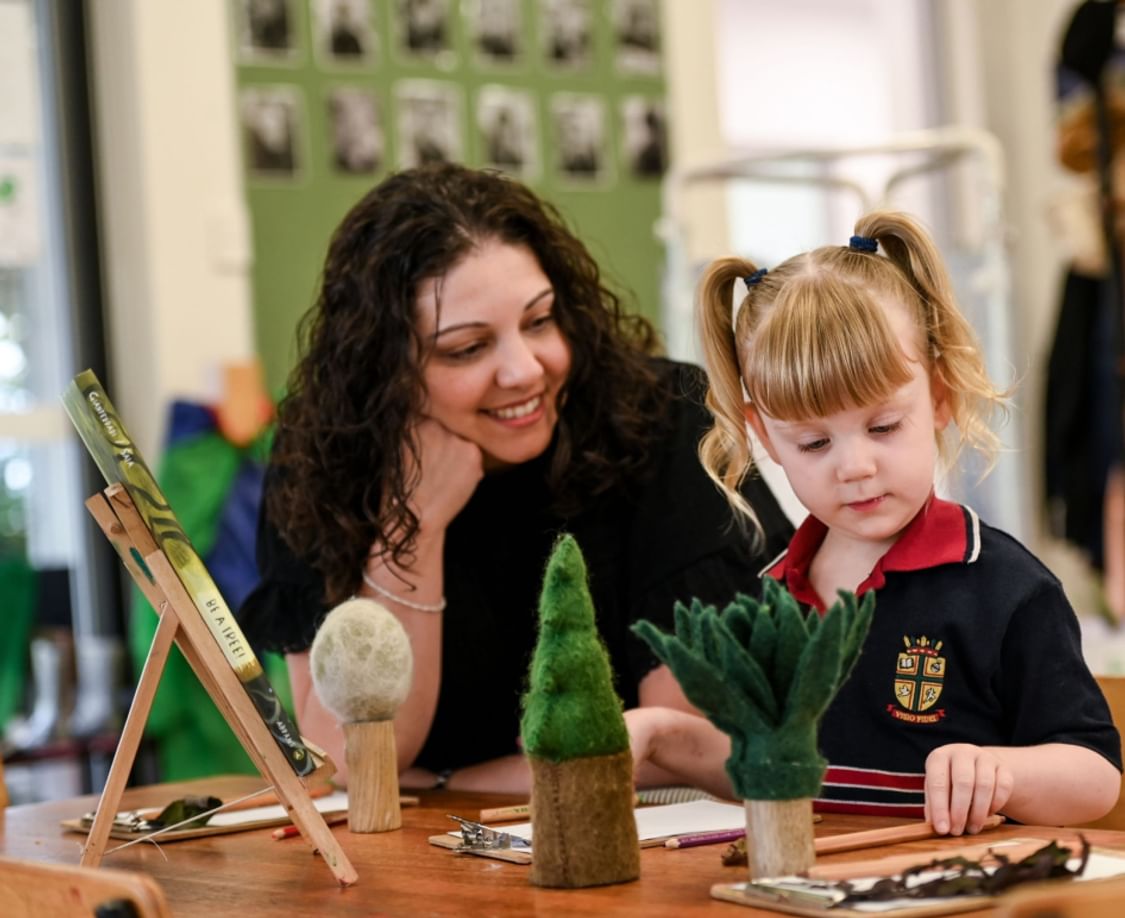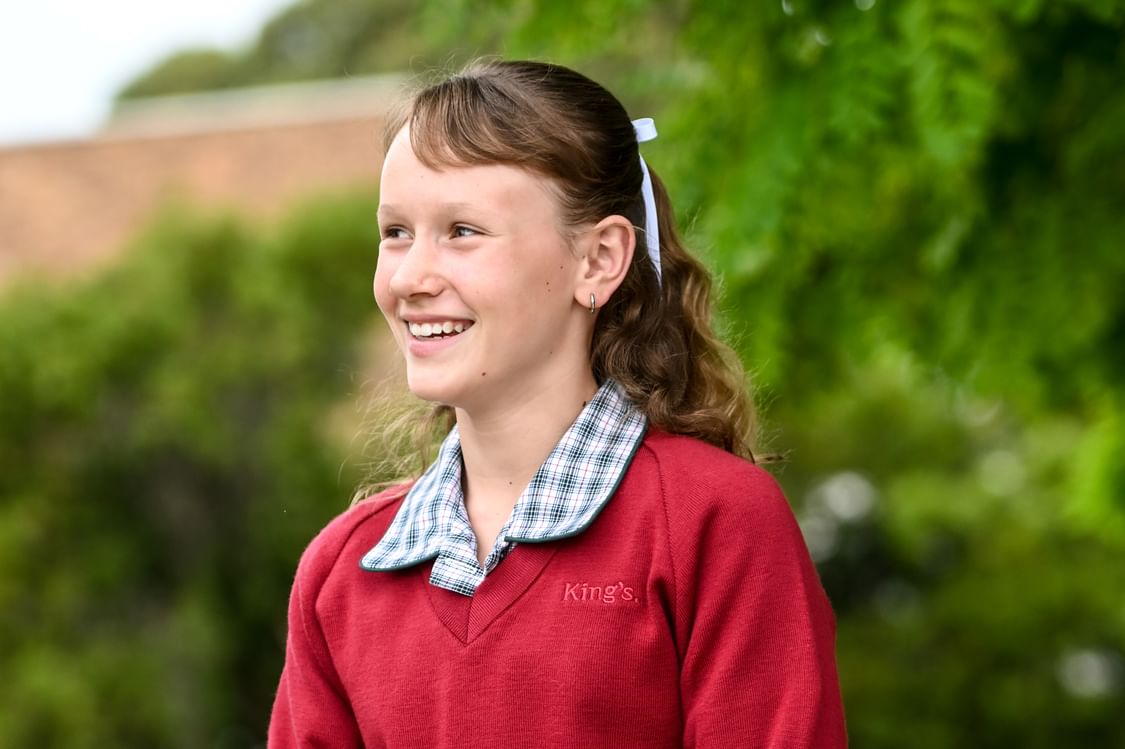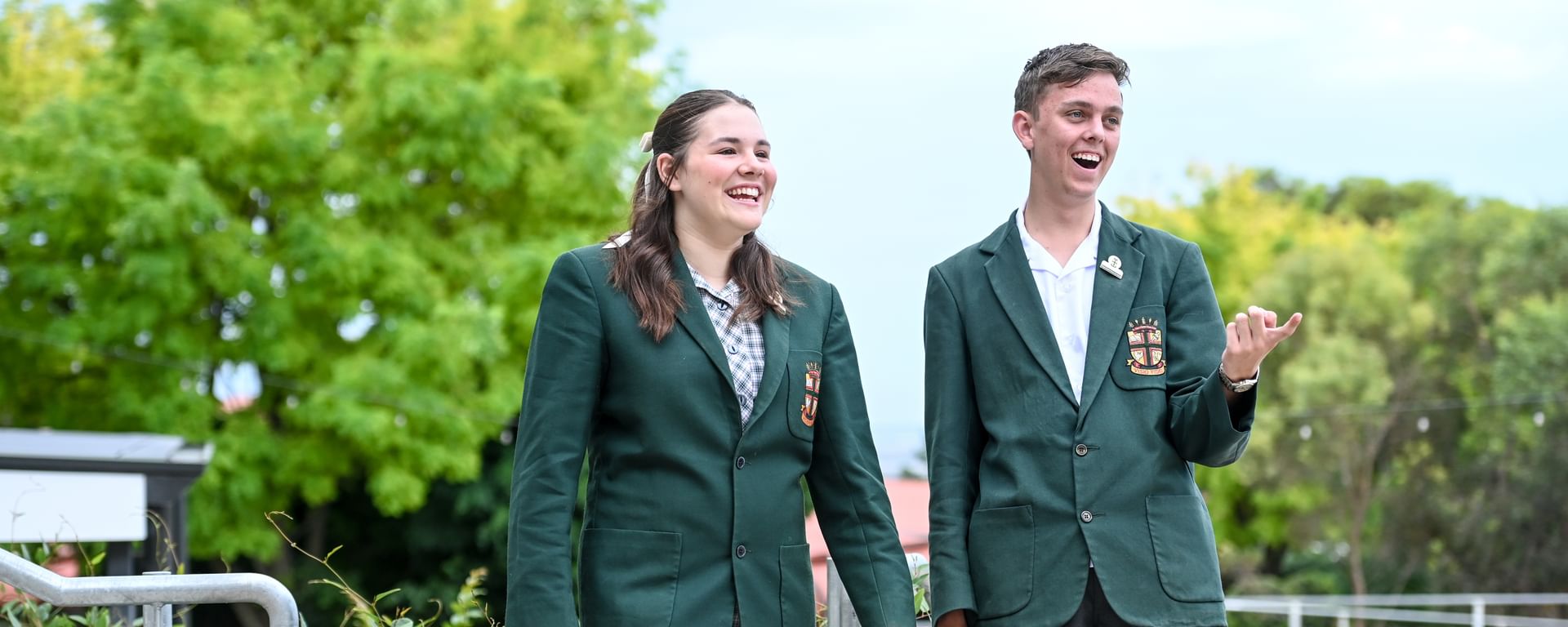Year 12 at King's
By Year 12, most students are well into their education journey having completed many subjects that contribute to their SACE. Year 12 allows students to study further elective subjects to construct their future learning pathway. All students will select subjects within the guidelines required for SACE completion.
SACE completion is
- Recognised favourably by employers
- Required for direct entry into many Certificate, Diploma and Advanced Diploma courses at TAFE
- The base requirement for university entry
At King’s, students undertake four or five full-year subjects across the year. This will conclude their SACE journey enabling them to finish the remaining credits to reach the 200 credits required to gain their SACE.
The number of subjects is negotiable and flexible depending on the outside of school studies or the learning requirements of the student. Some students will study variations of Vocational Education Training (VET) competencies and/or Community Learning that is recognised by the SACE Board. These are negotiated with Mrs Swiderski, Leader of Student Futures.
Students also select a range of other subjects to suit their individual needs and future pathways. We understand that it is important for students to have more choice, as such, at King’s we offer a range of flexible options in order to support our students to design a program of learning to meet their individual needs.
In the final years of school, your child should choose subjects that:
- Enable them to work from their strengths
- Challenge them to make the most of their capabilities
- Provide them with the required learning (or pre-requisites) they need to pursue their ambitions after school
- Are enjoyable while they study
- Offer a range of study that is manageable, with a balance between theoretical and practical subjects
- Provide life skills
- Are their choice and not the choice of others
Students and families should carefully read the course descriptors for each of the subjects they are considering choosing.
Families should also familiarise themselves with information from the South Australian Tertiary Admissions Centre (SATAC) who process and assess applications into tertiary courses such as university and TAFE options. Here, key information is available regarding pre-requisite subjects, calculation of the ATAR, application processes and selection rank information.
Please note: Subjects will only run if there are sufficient students to form a class, and is also dependent on staffing and timetable constraints. Information about content in the following subject outlines is to be considered as a guide only. Individual staff members reserve the right to tailor courses to students’ and their interests.








